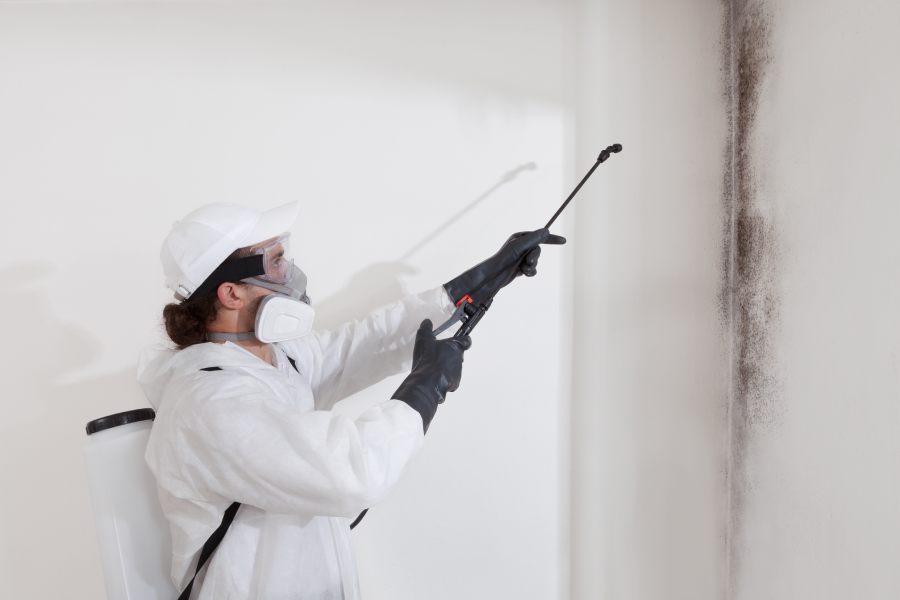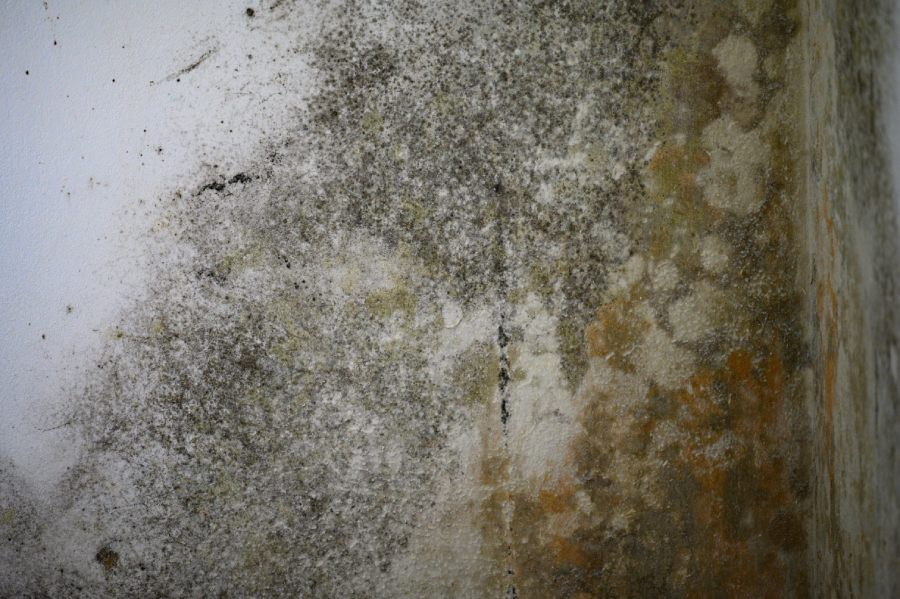Mold is persistent in almost every home, and if not addressed promptly, it may pose a serious health hazard. Not only does mold produce irritants, allergens, and toxic substances, it can trigger respiratory problems. But when is mold remediation required and what could happen if not addressed in a timely manner?
Here, you’ll gain insight into when mold remediation becomes a necessity and how it may affect your property and your health. The line between a minor inconvenience and a major health hazard can be surprisingly thin, leaving many to wonder about the best course of action.

When is Mold Remediation Required?
Mold remediation is needed wherever mold is present, especially for over 10 sq ft of visible mold. When dealing with mold, we always advise for professional help. At Mold Remediation Atlanta, we take our job very seriously. Our team of experts inspect, test, and remove the mold with the use of high-quality techniques and equipment to prevent further mold growth.
Whenever you notice mold in your home, take prompt measures. Quick action against mold is crucial to prevent its spread, protect health, and preserve property value.
Signs That Mold Remediation is Required
When is mold remediation necessary? As soon as you notice any mold odor, dark-colored spots, condensation, or if there is a burst pipe, make sure you contact mold remediation experts to properly assess the mold growth.
Visible Mold Growth
Visible mold often appears as dark patches on walls, ceilings, or floors, and can be black, green, or brown, appearing fuzzy or slimy. Check moisture-prone areas like bathrooms, kitchens, corners, and spots near windows.
Even small patches shouldn’t be ignored, as they can indicate larger issues. Hidden mold can grow in walls or carpets, shown by peeling paint or bulging wallpaper, needing professional evaluation.
Musty Odor
A persistent musty odor, often described as earthy or damp, can indicate a mold problem even if mold isn’t visible. Pay attention to where the smell is strongest to locate the source. This odor is typically more noticeable in enclosed spaces or areas with poor ventilation.
Masking the smell with air fresheners won’t solve the issue. A strong, persistent odor suggests significant mold growth that may require professional remediation. Trust your nose – if something smells off, it’s worth investigating further.
Health Symptoms
Mold can trigger allergic reactions like sneezing, runny nose, itchy eyes, skin rashes, or hives. If these symptoms worsen while at home and improve when away, mold may be the cause.
Respiratory issues, such as increased coughing, wheezing, or shortness of breath, and chronic sinus infections, are also signs of mold exposure. Persistent health issues related to your home environment may indicate the need for mold remediation.
Water Damage
Past water events like flooding or major leaks can lead to mold growth within 24-48 hours, so it’s essential to monitor affected areas for mold or moisture. Even if an area appears dry, mold may be growing behind surfaces.
Persistent dampness can also foster mold, so look for ongoing leaks or condensation, such as water stains on ceilings or walls. Address any plumbing issues promptly to prevent mold growth over time. If you suspect hidden mold due to past water damage, consider consulting a professional for a thorough inspection and assessment.
Extent of Mold Growth
If mold covers more than 10 square feet, professional remediation is needed, as large areas indicate significant underlying issues. Measure the affected area to decide if experts are required.
If mold reappears quickly after cleaning, it suggests persistent problems that DIY methods can’t address. Rapid regrowth is a clear sign that professional help is necessary to thoroughly address underlying issues and prevent future mold outbreaks.

Conclusion
Recognizing the signs that indicate the necessity of mold remediation is crucial for maintaining a healthy living environment and protecting your property. Visible mold, musty odors, health issues, water damage, and mold extent are key signals for possible professional help.
When is mold remediation required? This question becomes critical when you encounter these signs in your living space. By staying vigilant and addressing mold issues promptly, you can prevent more extensive damage and potential health risks.
Don’t hesitate to seek professional help if you’re unsure about the severity of your mold problem. Ultimately, proactive mold management is key to ensuring a safe, healthy, and well-maintained living space for you and your family.


